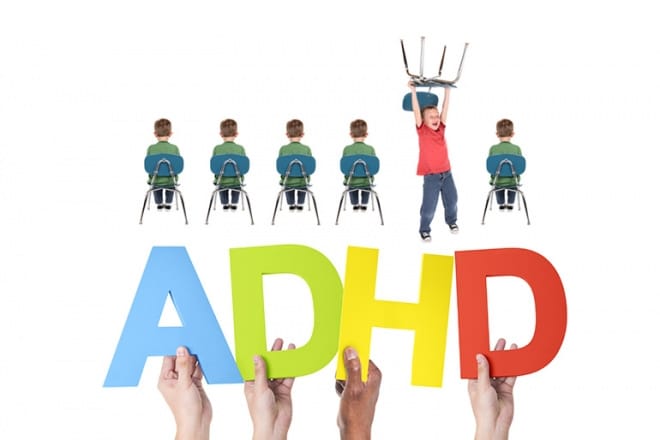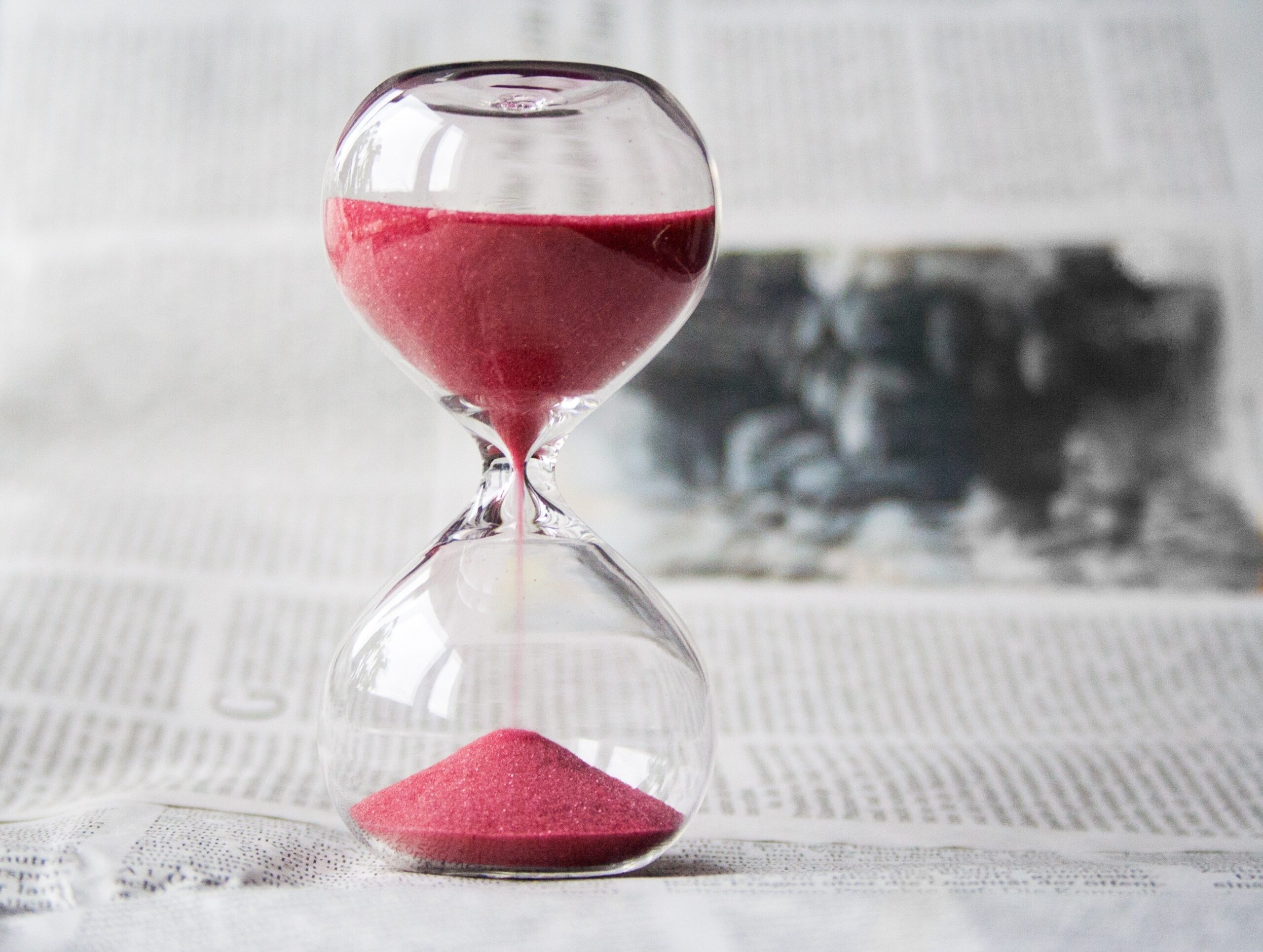11 Skills To Help Your Teen With ADHD
A Teen with ADHD may especially struggle with what we call “executive functioning” skills. These are the skills that help us plan, organize and make decisions. Executive functioning skills are managed by a part of the brain called the prefrontal cortex. It is one of the slowest parts of the brain to grow and does not fully mature until age 25. This is why some of the decisions we make when we are young are not always the best ones!
Note that these are skills, not character traits. They can be taught and practiced. It will not be easy or quick, but routine and feedback can act as grounding strategies for teens in the moment. Reinforcing these skills at home and with school is important for applying these in multiple settings.
Kids will not “outgrow” ADHD. In addition to ADHD treatment, medication or psychotherapy, teens will learn to cope with and accommodate it with a lot of hard work on their part and on parents’ part. Below are 11 executive functioning skills and some strategies for building those skills:
1. Impulse Control for Teen with ADHD
Sometimes our immediate reactions do not lead to the best outcomes. With your teen, you can practice controlling impulses by asking them how they predict their actions will affect others or themselves. Many games, like Simon Says, are designed for practicing impulse control. Find one that can be fun for your family to play together. The ultimate goal is to help your teen with ADHD skills to think before they act.
2. Working Memory for Teen with ADHD
This refers to our ability to hold information in memory while doing a complex task. A small example is being able to listen to directions and follow through. Some teens with ADHD may need to have directions repeated multiple times or written down before they can follow the directions accurately. Have your teen learn how to take notes effectively or use flashcards to help recall information.
3. Emotional Control for Teen with ADHD
Managing emotions is an important skill for maintaining relationships and for strengthening mental health. With your teen, have them identify situations or things that make them mad or feel anxious. Practice strategies to work through those situations and how they can make themselves feel better.
4. Flexibility is Essential for Teen with ADHD
Adapting to changes in plans is critical for moving through life’s obstacles. This skill also involves learning from mistakes and making changes to fix things. Normalize making mistakes and correcting them. Model flexibility for your teen so they know what it looks like.
5. Sustaining Attention – Concentration
Staying on task can be difficult, especially if it’s a task you do not like or it’s incredibly boring. Try having your teen set a timer for how long they can remain focused on a task before they need a break. A teen with ADHD may need more frequent breaks, but breaks should be short and planned, if possible. Having movement breaks with quick exercises is especially helpful if working from home.
You may also be wondering if you should use fidget items to help with attention. According to research, the answer is “maybe” for children with neurodevelopmental disorders, like ADHD. There is not enough strong evidence to fully support or disprove the use of fidget items. Generally, try to use items that satisfy movement needs but are not too distracting.
6. Task Initiation for Teen with ADHD
There are several reasons why we delay starting tasks. With your teen, go through some of common reasons why they do not start assignments or other tasks right away. Then plan together how to address those blocks.
Here are a few examples:
- “I forgot.” Use alarms, phone reminders, sticky notes, visual calendars or signs in their room or at school to cue recall. If using visual reminders, try placing them in areas where your teen is mostly likely to see them (on a computer screen, the fridge, mirror, etc.) with a simple question such as, “Did I have homework today?” “Is there a project that I need to start?”
- “I don’t know what to do or how to start.” Try breaking up the assignment into smaller chunks. If possible, clarify the directions with the teacher or have them ask for help from a classmate or parent. Try looking at an example online or through YouTube.
- “It’s boring and/or pointless.” Create a long-term goal and set small benchmarks for completing that goals. Set up reward system where your teen can obtain or reward themselves for each benchmark they complete.
- “I’m too stressed out or I don’t have the energy to start.” Take a break and do something calming. Set a timer for how long you can work and do a little bit a time between breaks. Discuss what is distracting. Use a planner or a calendar to structure and space our other responsibilities.
7. Good Planning
Plan a routine together. Set up a time for homework completion, chores, free time or family time. Routines become harder to break the more often they are done. Help your teen recognize which tasks need to get done first. Plan together what can be done quickly versus what needs more time.
8. Organization
Teens with ADHD may need help with organizing materials. Help them to create a space placing notebooks, writing down homework and storing materials in the correct areas. If this area is difficult, be patient and stick with it. It will take practice to organize areas, if it is not something your teen is used to doing. Set up a reward system if they can correctly place their materials.
9. Time management
Teens with ADHD may have trouble estimating how much time it takes to complete a task. They may over overestimate how long it takes to complete a task and then procrastinate, or underestimate how long it takes, and then run out of time. Teens can practice time management by doing small chores or assignments. Have them make a prediction about how long it would take and then use a timer to record the actual time. If it took longer than expected, go over possible strategies on what could be done differently or try starting earlier.
10. Goal Directed Persistence
Above all, teens with ADHD and those without want to be able to establish their independence and make their own decisions. Have them set their own goals and plan with them the steps they can takes to accomplish those goals. If you use a reward system, remember keep it fair and to be consistent.
11. Reflection
Being able to evaluate and reflect on what strategies worked and what didn’t work are important skills for self-improvement. If your teen needs more structure, go over with them how they thought the day went. Talk about what they were able to accomplish and what they may need to do to finish their tasks next time.
If you and your teen need additional support in learning skills to manage ADHD symptoms, call us at Mind Connections for free for 15 minutes and learn about our psychotherapy services to find the best fit for your teenager.
Content Creator, Victoria Gallo; Reviewed by Dr. June Cao
Special thanks to the contribution of Nicole O’Brien




